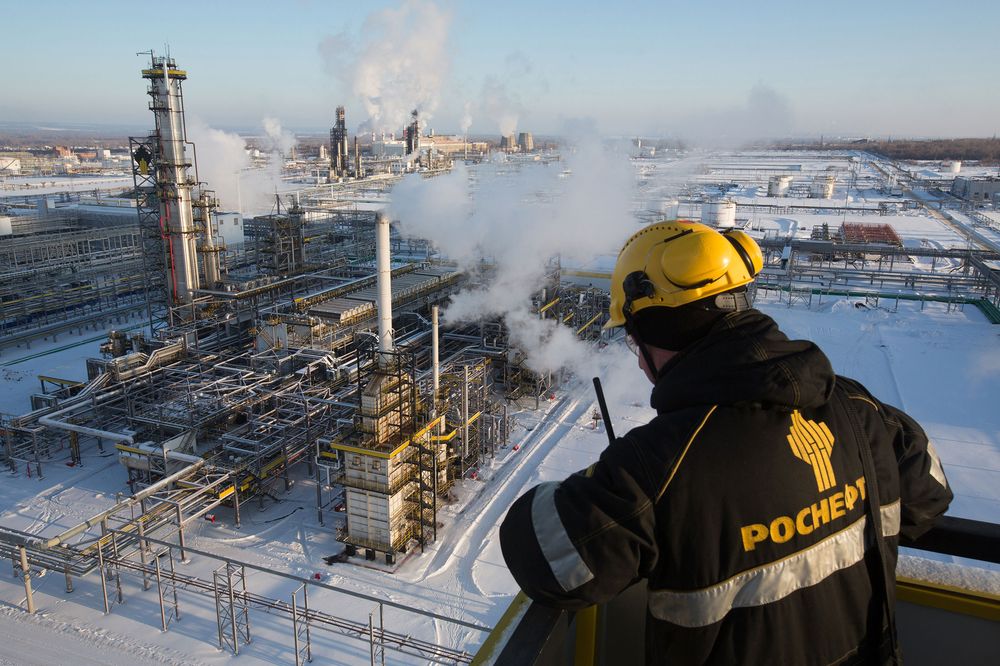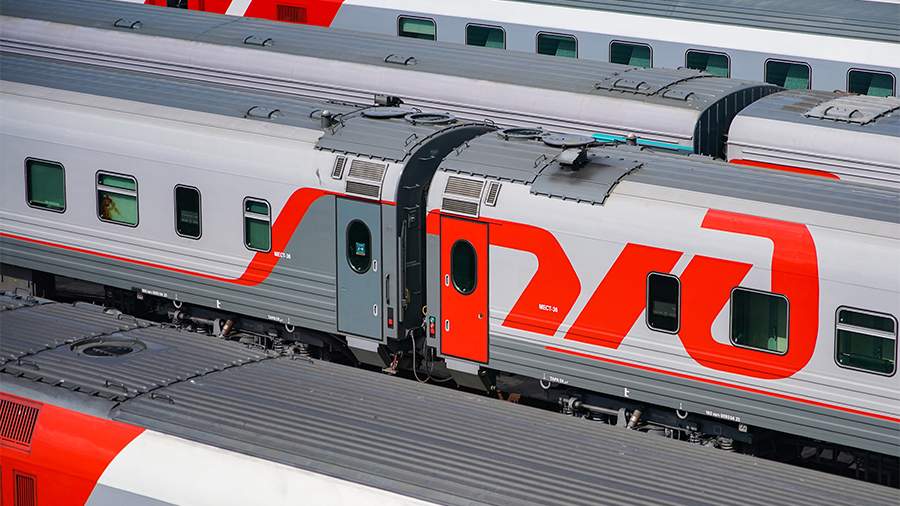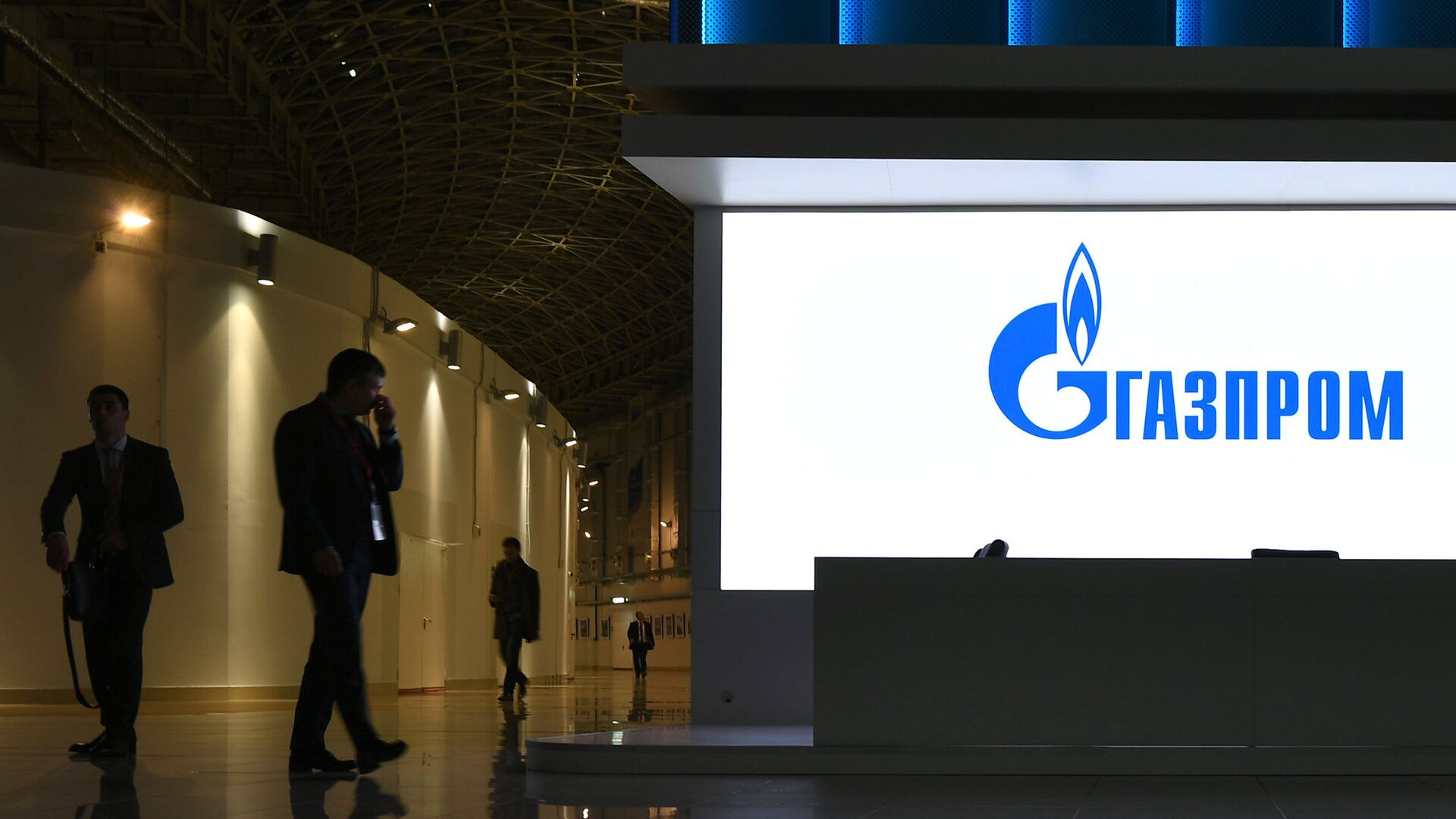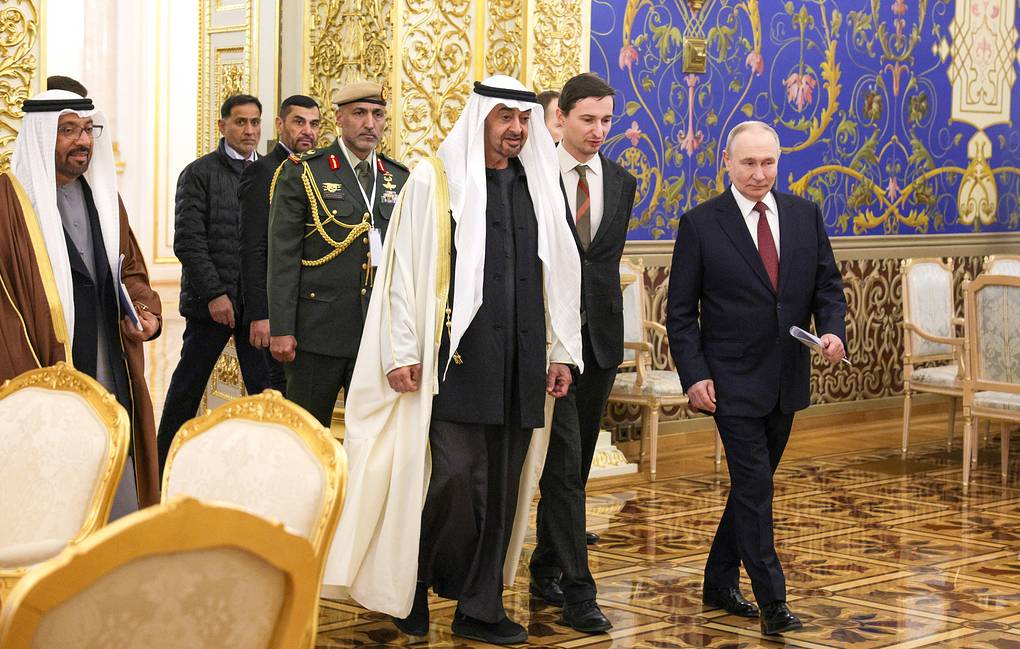
Russia Strives for an Oil and Gas Resurgence
Russia Strives for an Oil and Gas Resurgence
As the global economy—animated by the arrival of multiple COVID-19 vaccines—hopes for the first signs of recovery, expectations also rise in Russia for an accompanying surge in demand for oil and natural gas and renewed prominence of energy geopolitics in foreign policy-making. President Vladimir Putin is a firm believer in hydrocarbons as the world’s main energy source and a sceptic of “green agendas,” even if Chinese President Xi Jinping has subscribed to the pledge to curtail emissions (TASS, September 30). Russia’s Energy Strategy 2035, approved in June 2020, sets ambitious goals for expanding oil and gas extraction and defines the shifts in the world markets toward carbon-neutral energy production as a major challenge (Vedomosti, May 19; see EDM, June 2). Mainstream Russian experts dismiss the European Union’s post-crisis recovery plans that include new incentives for developing zero-carbon-emission energy sources; defiantly, they project that Russian energy exports to the European market will continue to expand (Kommersant, December 3).
One manifestation of this denial of unfavorable prospects is Moscow’s relaxation of its obligations in the OPEC+ cartel agreement on oil production cuts (VTimes, December 3). Deputy Prime Minister Alexander Novak, Russia’s chief oil negotiator, promises that the initial small increase to quotas will be subject to further upward revisions in the months to come (RBC, December 3). Russian producers are hard pressed to execute the order for curtailing output because the wells that are taken down in winter time become clogged (see EDM, April 9); but they also see few inducements to invest in new projects (Nezavisimaya Gazeta, December 3). Their hopes for recovered demand are mixed with worries about prices, which are unlikely to climb from the current level—barely profitable for most Russian hard-to-access petroleum fields in Siberia (Forbes.ru, November 2). Novak may have established useful rapport with his Saudi counterparts, but the OPEC+ arrangement cannot deal with the probable expansion of production in Iran, if the incoming Joseph Biden administration opts for softening the United States’ sanctions regime against Tehran (Izvestia, November 5).
One Russian oil magnate who seems unconcerned about low prices and high production costs is Igor Sechin, the CEO of the state-owned Rosneft corporation. Putin recently granted him a rare face-to-face meeting, and Sechin elaborated—in front of a prime-time TV audience—on the plans for developing the Vostok-Oil project in Eastern Siberia (Rossiiskaya Gazeta, November 25). Putin’s benevolent attention might help Sechin persuade a consortium of Indian companies to take up a minority share in this project (Kommersant, December 3). The main condition for implementing this plan, however, is that the state budget cover the colossal costs associated with building the supporting infrastructure (Znak.com, November 25). The Rosneft head boasted about creating tens of thousands of new jobs, but experts argue that the returns on investment, estimated at $115 billion, are expected to be negative unless oil prices double (Novaya Gazeta, December 2).
Still, emboldened by the estimates of recovering demand, Moscow entered into the “decisive battle” around the Nord Stream Two gas pipeline project across the Baltic Sea (RIA Novosti, November 26). Russian pipe-laying ships are presently sailing toward the point offshore where the work stopped in November 2019 because of targeted US sanctions (RBC, December 5). The plan is to create new facts on the seafloor before a new set of US Congressional sanctions undercuts the insurance and certification of the nearly finished pipeline (Newsru.com, December 4). Gazprom counts on its German partners in this controversial project to exploit every loophole in the poorly compatible EU and US legislations to ensure the completion of the work in a month or so (RBC, December 1). At the same time, the Kremlin hopes that the resumed work may reignite quarrels between Berlin and Washington, poisoning the expected rehabilitation of Transatlantic ties under the Biden administration (Nezavisimaya Gazeta, November 23; see EDM, November 30).
Advancement of the oil-and-gas-related initiatives stands in contrast with the Russian government’s decision to reorganize the so-called “institutions of development,” a set of enterprises focused on particular tasks of domestic economic modernization (VTimes, December 1). Most of these institutions were plagued by bureaucratic cost-inefficiency, but shutting them down or transferring them under control of the VEB corporation signifies Moscow’s acknowledgement of the failure of its proclaimed intention to jumpstart key innovations in the Russian economy (Forbes.ru, December 4). Russia’s “modernizers” have, indeed, been no match for the lobbyists from Rosneft or Gazprom; and the dismissal of Anatoly Chubais, one of key reformers of the 1990s, from the position of CEO of Rosnano corporation, established to develop nano-technologies, exemplifies the disappointment in the Kremlin in the expertise of the “liberals,” who are suspected of disloyalty (Novaya Gazeta, December 4). Putin may be prone to expatiating on Russian achievements in the area of artificial intelligence (AI), but he typically concludes that the state must establish firm control over the internet (Kommersant, December 5).
The simplicity of Russia’s current economic model, centered on extracting and distributing rents from exporting hydrocarbons, appeals to Putin’s courtiers much more than the complexities inherent in trying to undertake some uncertain modernization, which could erode the foundation of autocracy, as happened in Belarus (Newsru.com, December 5). The problem with this self-serving preference is that petro-rents are shrinking and Russia’s economy is contracting with no hope of fast recovery (Russiancouncil.ru, December 3; see EDM, November 30). Industrial decline may look manageable by expanding state investments, particularly toward the struggling oil-and-gas sector, as called for by local experts and propagandists who unceasingly petition for additional subsidies and privileges (Nezavisimaya Gazeta, December 1). However, the inevitable result of channeling funds toward these demands will be further declines in household incomes and rising poverty (Novye Izvestia, December 2).
Putin used to have a good grasp on the intricacies of the oil-and-gas business, but the acceleration of global shifts toward alternative “green” sources of energy leaves him confused and irritated. His protracted self-isolation as a result of the novel coronavirus pandemic has left the Russian leader with even less access to objective data on the transitions in the leading world economies, including China’s, away from the traditional patterns of energy consumption. He chooses to rely on bargaining over energy prices and on pursuing intrigues related to pipeline geopolitics, thus leaving Russia mired in petro-state decline. The Kremlin may be able to ease and “flatten” this downward trend somewhat, but the extended period of decline is, nonetheless, incompatible with the irreducible ambitions for reasserting Russia’s “Great Power” status.


